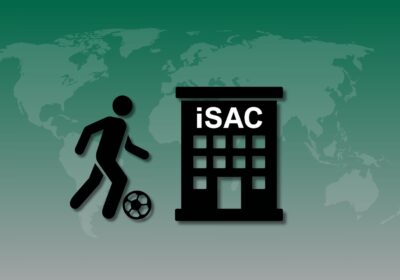Bulls’ new season needs to be a winning one

Coach Willie Taggart has led the Bulls to a 2-4 start and must
finish with at least a 4-2 record over the last six games to make a bowl game. ORACLE FILE PHOTO/ADAM MATHIEU
USF still has the opportunity to salvage what has been an unremarkable season. The Bulls have played closer games than last year, but the margin of defeat begins to matter less and less as the losses start to pile up.
“Five out of our six ball games, we’re up or tied at the half,” coach Willie Taggart said. “To me, that’s a sign of improvement with our football team to put themselves in positions to win the game.”
The Bulls have reached the mid-way point of the second season under Taggart and despite clear signs of progress,
their record is nearly identical to last season.
The 2014 Bulls are 2-4 with a 1-1 record in AAC play, while the 2013 Bulls were 2-4 with a 2-0 record in AAC play halfway through the season.
At his weekly press conference on Tuesday, Taggart said that he was “taking the second half like a new season.” For Taggart, this “season” needs to be his first winning one.
“Everything that happened before this is pretty much irrelevant right now,” Taggart said. “These next six weeks are really going to define who we are as a football team in 2014.”
Through the first half of the season, USF has passed its most difficult stretch. The Bulls have played four teams with winning records, two of which were nationally ranked at the time. The rest of the season isn’t as daunting for USF, which will have to face only one opponent that currently has a winning record (UCF, 3-2).
By going 4-2 in the second half, USF would not only have a winning conference record at 5-3, but also make a bowl game for the first time in four years.
But no matter which teams the Bulls play, they still have to learn how to close out games with confidence, rather than making sloppy mistakes such as penalties and dropped passes. Taggart attributed the Bulls’ second half collapses to mental fatigue.
“When I say mental fatigue, I mean when things go bad, don’t start looking for other things to go bad,” Taggart said.
Taggart said the players’ propensity to look for things to go wrong is a product of the losing culture of the program.
“I understand why our guys do it, because it’s been consistent for a period of time around here now and that’s something we have to learn to get out of,” Taggart said.
Taggart brings referees out to practice to show the players when they make mistakes. The Bulls’ discipline paid off in the first half against East Carolina as they limited their penalties to four for 29 yards compared to five penalties for 71 yards for the Pirates.
But in the second half, ECU began to make a comeback and the Bulls’ sloppy play came back to haunt them. They had three penalties on third down, none of which were converted for a first down.
“First half, we were sharp with our motions and our shifts,” Taggart said. “Then when things went bad, the shifts weren’t as fast or smooth as they were in the first half and they started to think and worry.”
Taggart has stressed that getting rid of mental fatigue begins with gaining confidence and learning how to win. But the Bulls can’t gain confidence if they continue to give away games in the second half.
With three games against teams with losing records left on their schedule, the Bulls have a prime opportunity to break out of their losing culture and learn how to become a winning football team.
“I’m excited because even though we stubbed our toe there, we still have everything in front of us,” Taggart said. “Everything right now is between the ears for our guys.”
But while the Bulls will be facing the easiest stretch of their schedule, four of their remaining six games will be on the road. The Bulls will have to find out how to gain confidence and win conference games outside of their comfort zone.
If Taggart can’t find a solution to his players’ mental fatigue, USF will be looking at another missed bowl game and losing season: two things that certainly don’t help players learn how to win.







